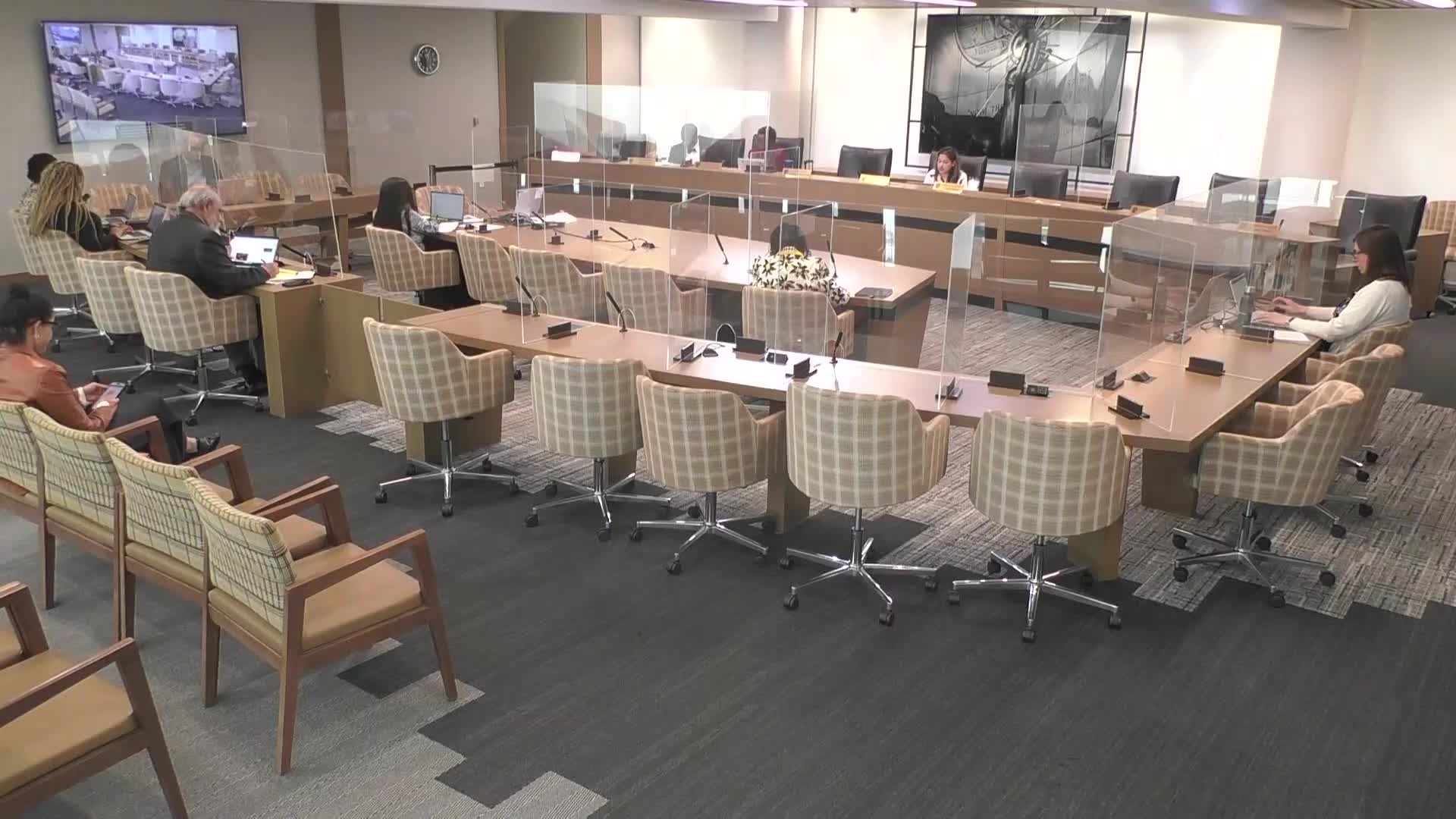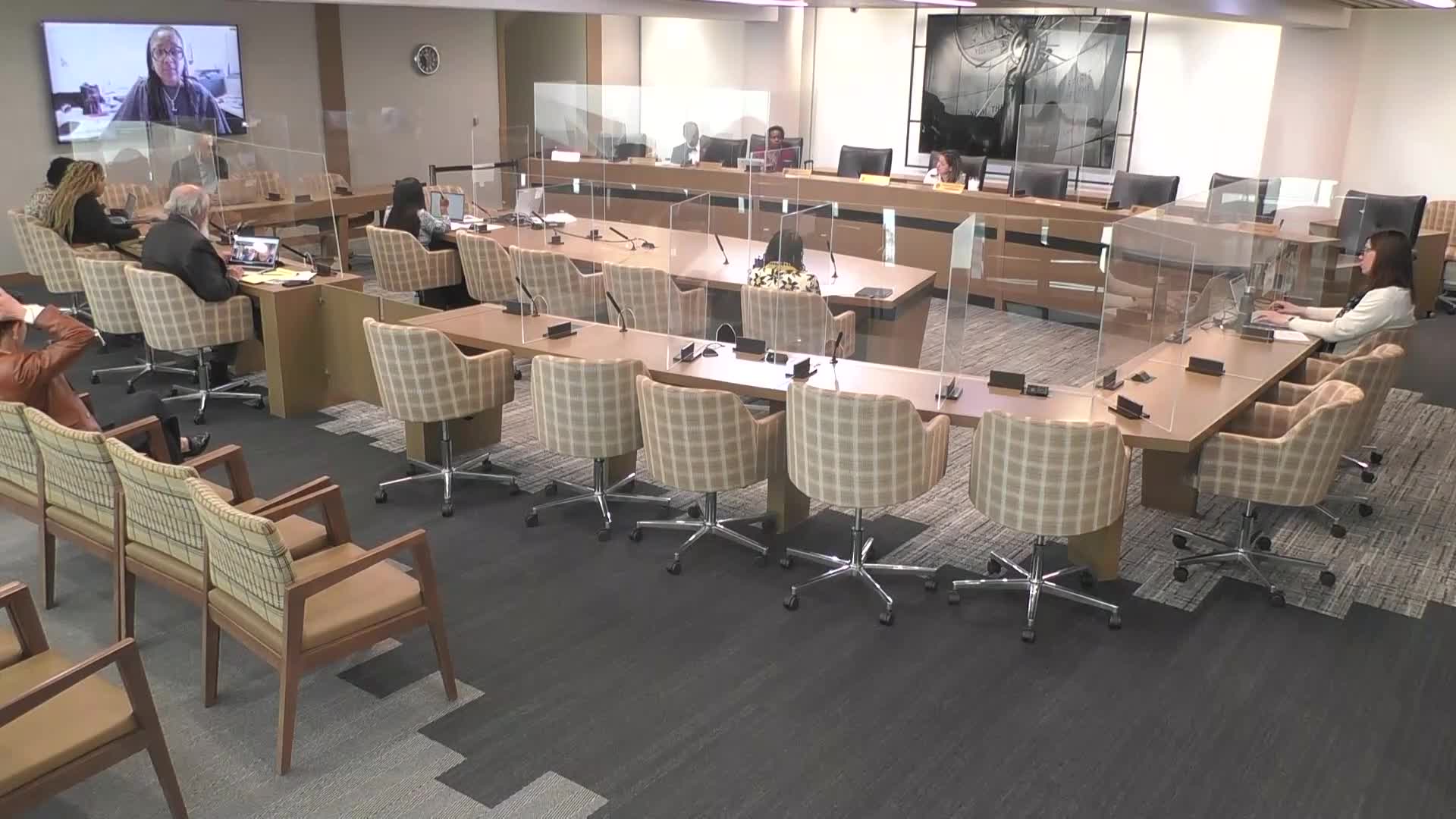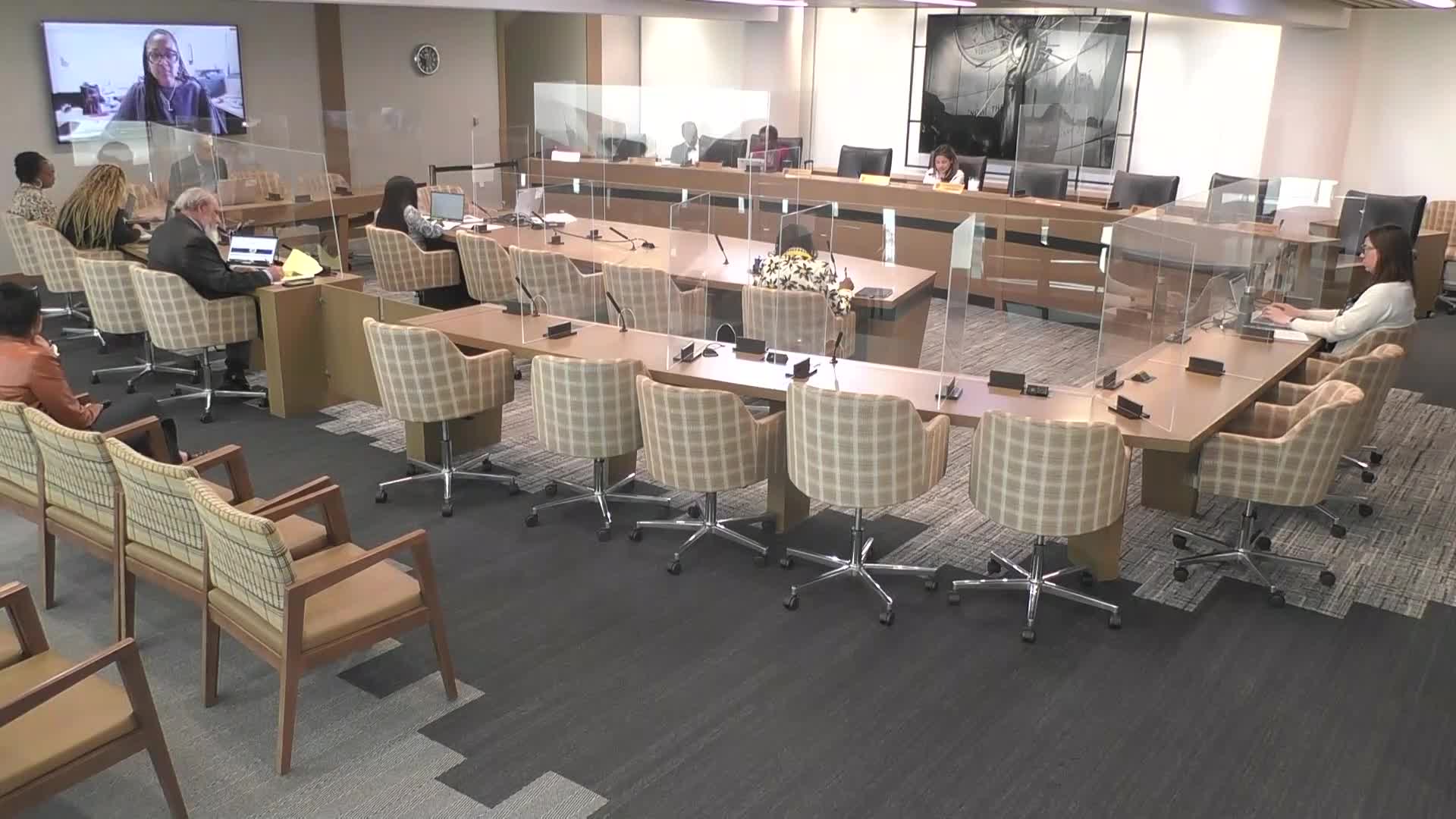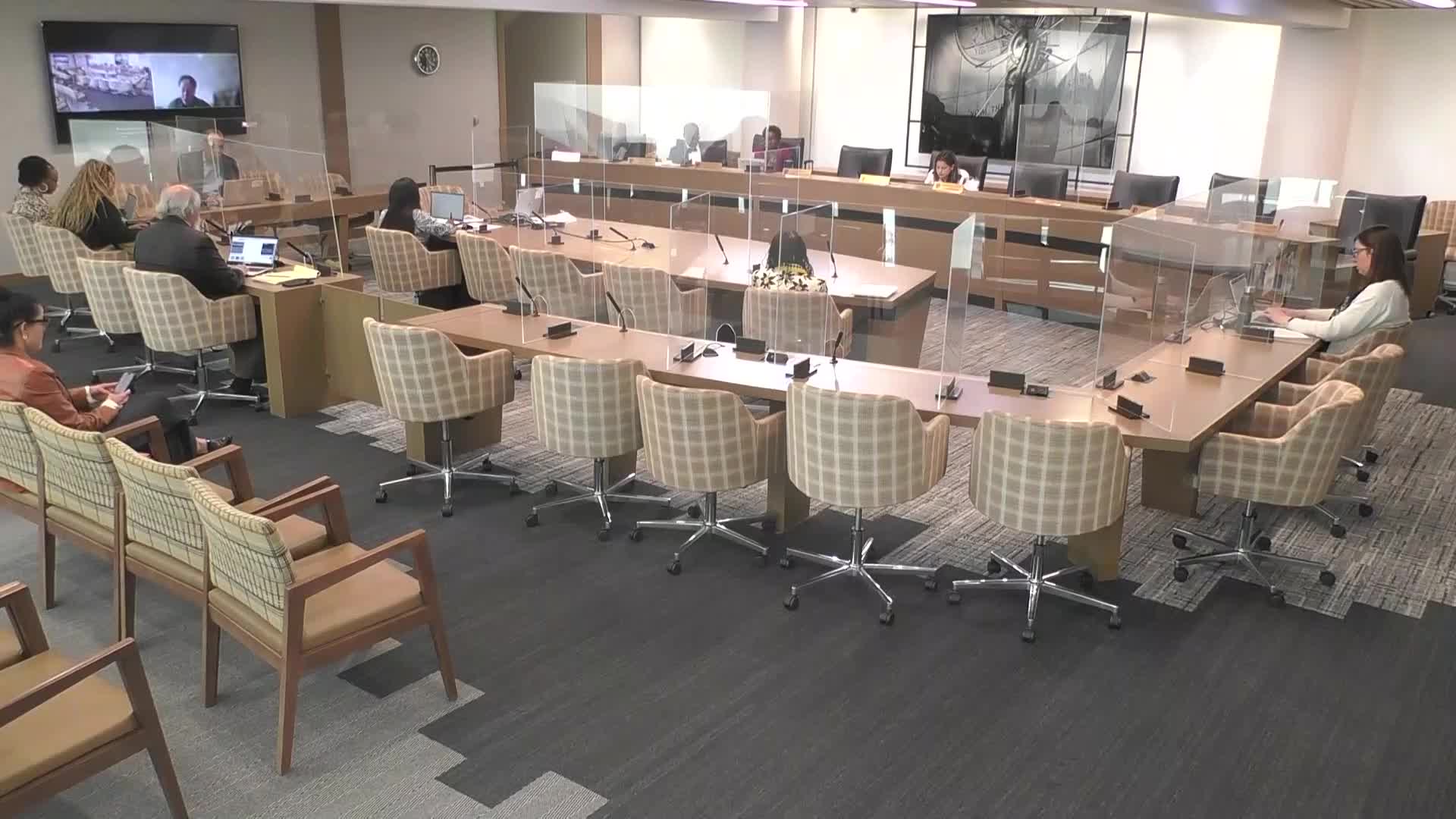Article not found
This article is no longer available. But don't worry—we've gathered other articles that discuss the same topic.

Council reviews new architectural/engineering supply schedule meant to broaden vendor pool

City to update stormwater ordinance to align with state MS4 permit; council sets public hearing

Committee presses administration for clarity after city splits demolition contracts to rent fencing separately

